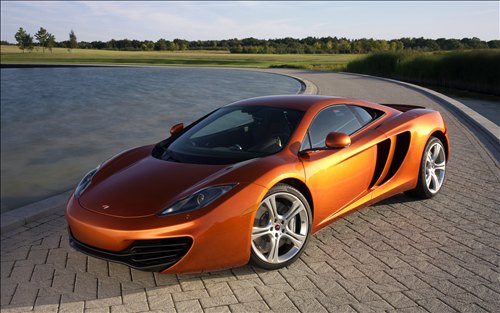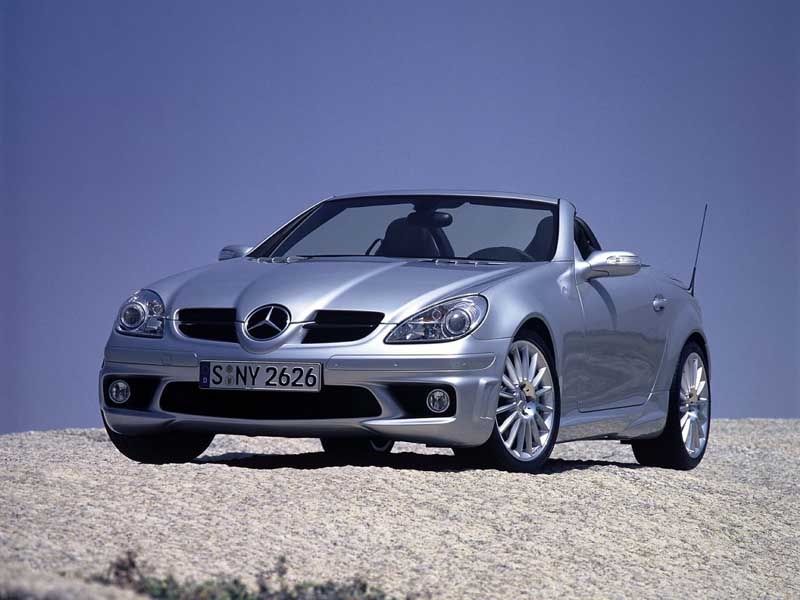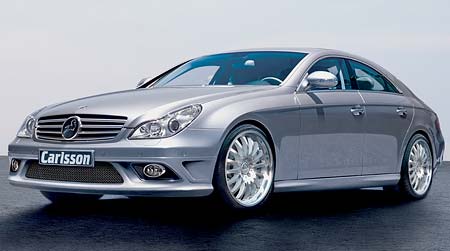
Hello all, and welcome to another FD Guest Lecture. This one comes to you courtesy of Brendan K. O'Grady, author of 2nd Round Reach.
When you start to win as many championships as the Los Angeles Lakers have, it’s not good enough to just talk about how nice it is to win. So, starting sometime in May, the narrative of LA’s playoffs became an extreme program of self-reflective mythmaking in the name of one Kobe Bryant, administered to us for the better part of two months by Nike, Gatorade, and the World Wide Leader in Sports.
But now, weeks removed from the din of pomp and ceremony, let us take a moment to consider the championship as it presents an equally significant legacy statement for not merely one man, nor his teammates, nor even the storied franchise for whom they won it, but rather for an aggregation of oft-impugned ballers who have now been gifted with their ultimate rebuttal: The Euro.
For the better part of two decades, the term “Euro” immediately evoked something resembling one of two primary archetypes: Either men with floppy hair and too-slight builds for their height, or men with high-cheek beards and good passing skills from the post. The pioneering Euros- men like Sabonis, Petrovic, Divac, Smits, and Kukoc- had influential careers, in some cases earning the respect of league-wide accolades and even winning a little. But the modest successes they presented immediately lead to over-eagerness from NBA teams for still greater returns. These mysterious figures from distant lands represented possibilities unknown but unconstrained, a Myth Of The Next bonanza promising to make “once-in-a-generation” talents a “two-or-three-times-in-a-draft” reality.
When Pau Gasol entered the league in 2001, he was the perfect player at the perfect time to further feed the league’s enthusiasm for Euros. A super-skilled ROY in waiting, his intercontinental qualities were never as apparent as those seasons he spent at work on the blocks, maneuvering his still-skinny frame around defenses and stuffing stats across the box score. He was hailed as a cornerstone, savior of a team that could never attract talent that wasn’t shipped in from overseas and didn’t know any better that Memphis was among everybody’s least favorite cities on an NBA road trip. Before too long, Pau grew his beard and his grit, and soon he lead the lowly Grizzlies to their first playoffs, all the while colored with nouns like “finesse” and “gracefulness.”
But Gasol would prove to be more the exception than the rule. Sometime around the mid 2000s, after committing untold millions to prospects not long for NBA rosters, the word “Euro” started to become a stigma, synonymous with “longshot” when spoken of a teenagers born internationally, and a near-pejorative when describing domestic products who possess a solid stroke and no defensive ability.
By the mid-2000s, speculation on Euro futures had come to a head, but the continent had yielded fewer successes than the time, money and draft picks invested might have otherwise dictated. The reputation of the Euro as an under-performer might well have been cemented then, as the first Euro Decade had almost entirely proven itself a litany of outright failure.

The most obvious point of redress here is the obvious question of the Dynasty Spurs, from whom a vocal minority of NBA fans will claim as many as three era-defining Euros with as many championships between them. But a cursory glance reveals that the effect of their supposedly heightened Euro presence has been greatly exaggerated.
First of all, quick guards might be the most borderline of all Euro postionalities- a higher-percentage version of the American “combo guard” counterparts. Scorer/distributors of this mold are rarely tagged as “soft”, even if they come with funny accents. But much more importantly, neither Parker nor Ginobili were ever anything less than wholly sublimated to the collective cause of winning in a system driven by the supreme force of the Popavich/Duncan spirit tandem. And while Timmy was neither born nor raised a continental, by now he’s surely been recognized as definitively less an “international” player than, say, a Kobe Bryant (or hell, even a Carlos Boozer.) Oh, and Ime Udoka is from Oregon. Seriously. Look that shit up.
With so many mitigators at play, San Antonio remains, at best, a heavily-qualified case for the Euro’s redemption.
Then there were those magical Suns teams of recent memory, which flirted revolution on many fronts, most of which were imported from other countries. Mike D’Antoni was a star as a player in Italy, and critics initially dismissed the run n’ gun offense as a charming curio, carried over from less competitive leagues across the pond. The Steve Nash/Leandro Barbosa tandem possessed such seemingly preternatural packages of ability, vision, speediness and control that a logical path of least resistance immediately (and stupidly) attributed them to exotic heritage, and the therefore-inescapable influence of soccer on their play. And then there was the positional enigma-cum-puzzle-box that is Boris Diaw. At their philosophical foundations, those teams were as radically “European” a phenomenon as anything since the Frankfurt School.
But the fact of all the “7 seconds or less” rhapsodizing now really just betrays that smug condescension toward those squads that we knew was always there. The mainstream of basketball tradition can afford look back fondly on memories of the entertaining desert upstarts because, well, conventional wisdom was right all along, wasn’t it?
“That stuff may be fun, but it doesn’t win championships.”
Inevitably, expectations lowered. Franchises would still scout Europe, but rarely for anything more than a quality rotation player. And just when it started to look like the Euro would never cast off the stereotypes thrust upon them by years of ridicule and flopping, what might have been the penultimate blow to their collective reputation was dealt...
As the best player of the 2006-2007 season, Dirk Nowitzki was poised to become the greatest Euro in history. His Mavericks were a confluence of players with complementary and very American styles (as presented by Stackhouse, Jason Terry, and especially Josh Howard) yet all were molded around Dirk’s singular, distinctly foreign presence. He brought an alien skill set, and altered the course of the NBA’s season with the effect that only a 7-foot white shooting guard masquerading as a power forward could have on the game.
Their collapse against Miami the previous year was brutal, to be sure, but the edges were softened a bit by the world’s realization of Wade’s ascendance and the knowledge that they would endure and come back nothing but hungrier. The loss may well have fueled Dallas as they navigated an absurdly competitive field to achieve a league-best regular season campaign, and the catalyst for a return trip to the Finals (stop me if this sounds familiar.)
And for prolonged stretches in that year, Dirk’s Euroness was synonymous with the strength of granite mountains, and no longer spoken of with the superficial novelty that once would have come in the same breath as the words “Nikoloz Tskitishvili.” After the first such sustained period of brilliance from the caste’s greatest hero, no more demoralizing a moment could have existed for the Euro than when a shattered Dirk, all sunken-eyes and vacant smile, shook hands and posed with Stern as he accepted his MVP trophy, just a week after being eliminated from contention during the anarchic Warriors’ impossible paroxysm against reality.

By the start of the next season, Pau Gasol had repeatedly vocalized his annoyance with a franchise that refused to grow with him into an entity worthy of much more than a first round bounce come the postseason. When Chris Wallace caved and sent Pau to the coast, an already better-than-expected Lakers team started looking scary good. And the praise for Pau’s play lasted all the way until the Finals, when he ran smack up against a green wall of shouting, grunting, pushing, elbowing ferocity that quickly put him on his heels.
After being decimated by Boston, Gasol was among the readiest scapegoats on the roster (along with fellow Euros Ronny Turiaf and Sasha Vujacic) and it immediately became common knowledge that the 7 foot Spaniard’s “softness” is what made him anathema to proper, homegrown big men. Even as the Lakers rolled through the west this season, it felt at times that praise for Gasol, while consistent, was somewhat muted as if nobody wanted to be the first to declare Pau a legitimate stud playing for what many portended the soon-to-be champion Lakers.
Then, as the playoffs unfolded, the moral of Dirk’s story was periodically invoked to invalidate Gasol’s role with the eventual champs. Failing to stand up to the interior toughness of Houston/Denver/Orlando (just as his was supposedly the failing versus the Celtics), Pau would have earned a place right beside Dirk in the lamentable lineage of the Euro. And even in winning, his role beside an All-Universe shooting guard who already had three rings of his own would prove their collective curse. Just as Dirk collapsed under the weight of the expectations placed upon him, Gasol would serve as further proof that a Euro could never lead a team to victory himself.
But really, there’s no shame in being the unquestioned second best player on your team when playing beside one of only a handful of men with legitimate claim to the GOAT. And winning a title as a minor role player is something wholly different than what Gasol accomplished going toe-to-toe with Howard. Pau made good on the nearly-abandoned concept of the Euro as an inside presence par excellence, a true Power Forward tested in battle against a DPOY man-child/beast.
Even if Dwight’s nature as a big is of an indeterminate nature in the greater FD ethos, there’s no denying that he’s cast of the immense physicality dreamed of by GMs in a traditionally (read: American) dominant big, nor is there that Pau roundly outplayed him in 5 games. Much more than a learned forward with a fluid game and soft touch, Gasol was reborn in the Finals as a bona-fide force. He out-banged everybody for just about any rebound that mattered, carried LA through long stretches of the games that were close enough to contest, and ran up the score to ensure that the others weren’t.

Still, now and forever, some will say Dirk’s failure should invalidate Gasol’s success and his redemption of the Euro’s name. And the fact is, no- he didn’t do it as the #1 guy. But the naysayers are on the wrong side of a canonical divide. A Finals legacy is benevolence unknown to all but the select few who achieve what Gasol did and Dirk didn’t. History really is written by the victors, and winning softens even the harshest criticism with the patina of time.
The Lore of championships elevated a career second banana to a place in the 50 Greatest list’s golden glow, and begat the yang-adage of popular wisdom that, no, Michael never won without Scottie either. Pau’s playoffs will stand in a similar light, enduring the trials of retrospect, pride in the knowing that although he might never have been first on his team, his was the first Euro title.















No comments:
Post a Comment